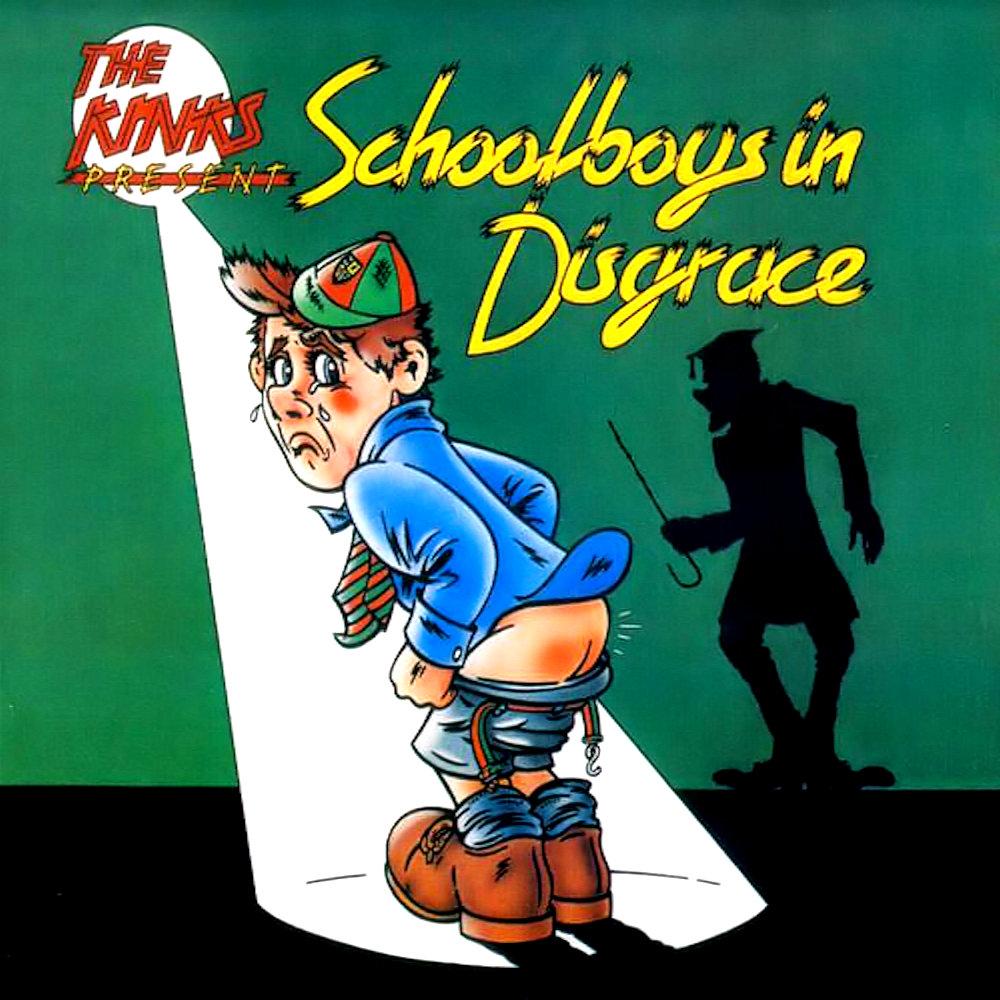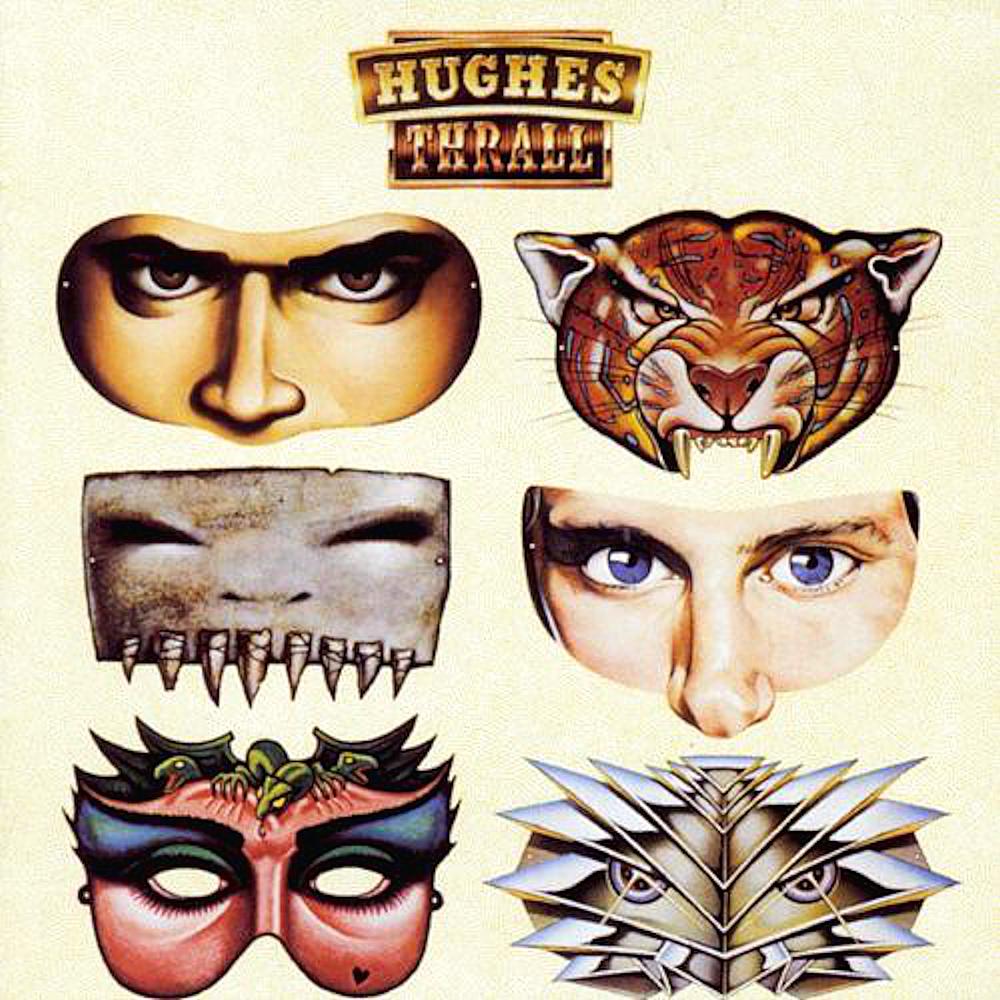
Album Information:
Album ID: 10157
The Kinks - Schoolboys In Disgrace
Label: Velvel
Catalog Number:
Vel-Sc-79805
Release Date:
November 17, 1975
1. Schooldays 3:31
2. Jack The Idiot Dunce 3:19
3. Education 7:07
4. The First Time We Fall In Love 4:01
5. I'm In Disgrace 3:21
6. Headmaster 4:03
7. The Hard Way 2:35
8. The Last Assembly 2:45
9. No More Looking Back 4:27
10. Finale 1:02


 Last Played: 12/23/24 03:33 PM
Last Played: 12/23/24 03:33 PM Last Played: 12/23/24 03:24 PM
Last Played: 12/23/24 03:24 PM